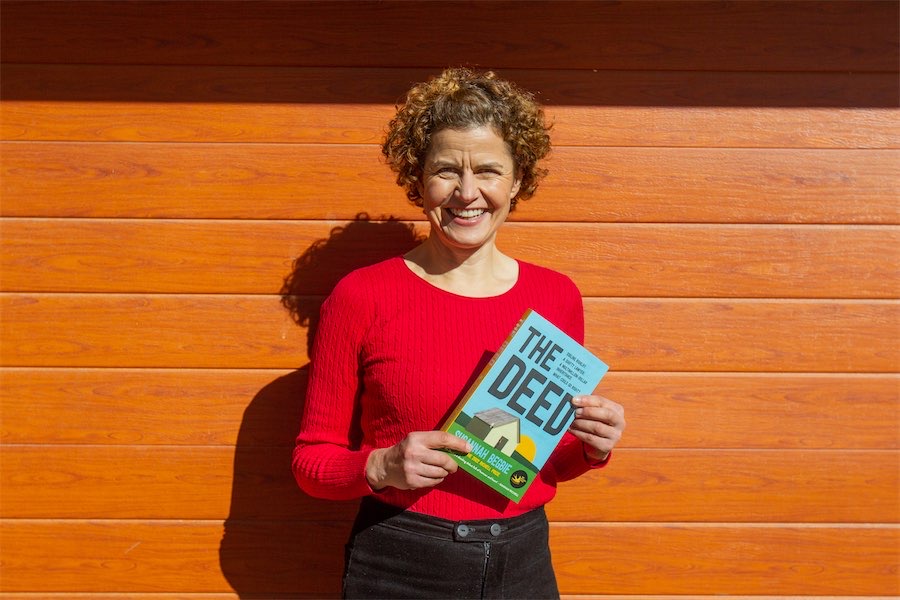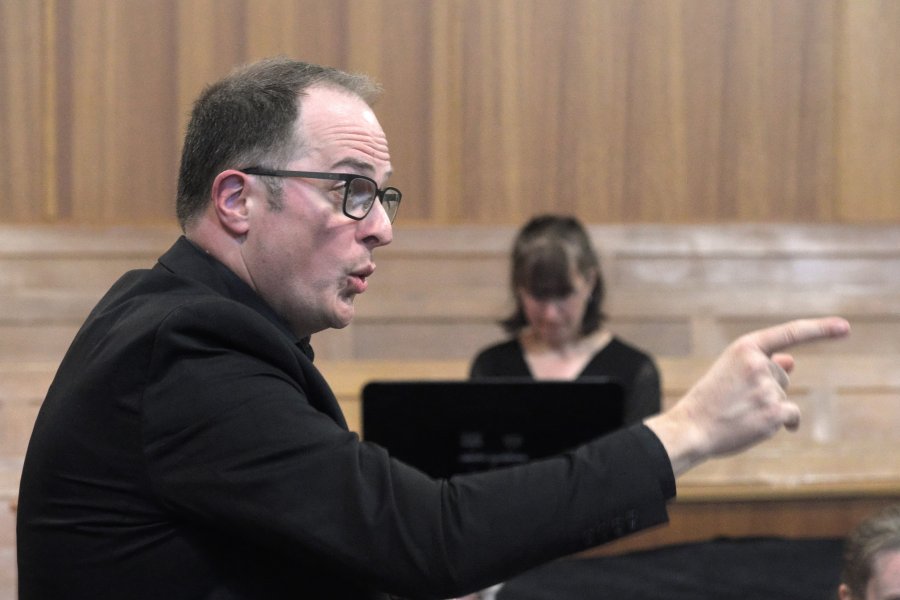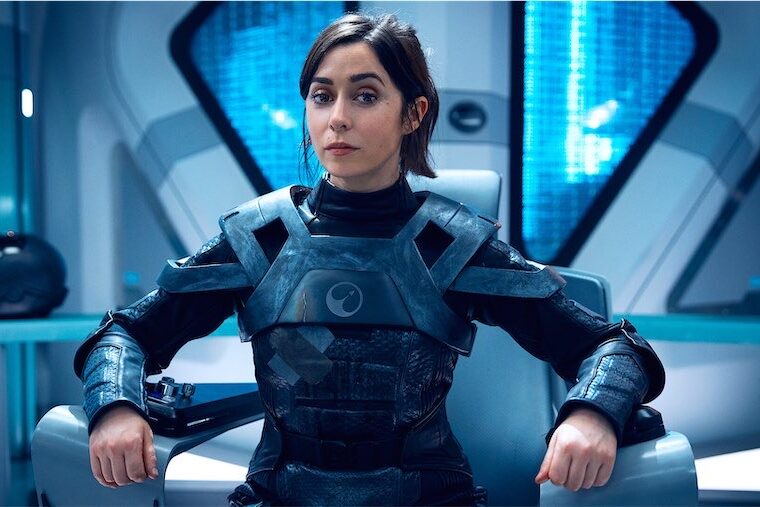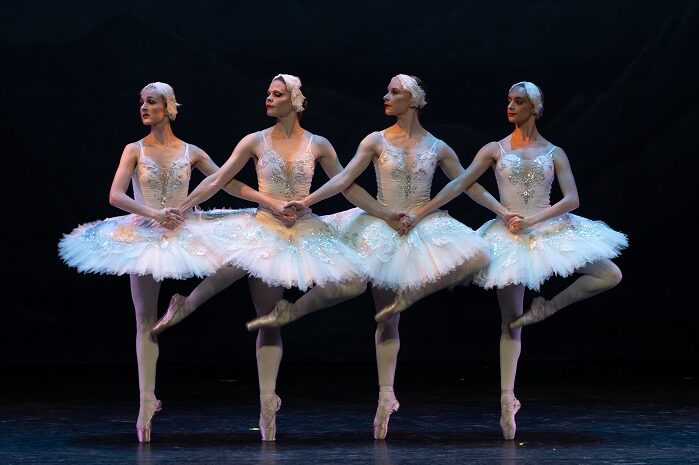
Local author Susannah Begbie’s debut novel is about a wealthy, but dying, farmer who is “cranky with everything, but with his kids in particular,” reports KATARINA LLOYD JONES.
“Life can be hard, but there is always humour as well,” says local author and GP Susannah Begbie.
This way of thinking perfectly summarises Susannah’s writing.
Her debut novel, The Deed, starts out with a wealthy, but dying, farmer who is “cranky with everything, but with his kids in particular,” she says
“So he’s got four adult children, and they’ve all deserted the farm, and he doesn’t think they deserve their inheritance, and so he sets them a task.
“The four of them must build his coffin together, from scratch, in four days.
“So, one day for each child, and if they succeed, then they inherit the property, which is worth about $20 million. So it’s worth their while to make an effort. And if they fail, they lose it all.”
Susannah says she spent 10 years writing The Deed, writing it part-time while she maintained her career as a GP, working as a locum in rural communities for a month or two, and then returning to writing for a month or two.
This way, she says she can avoid burnout in either field, and it allows her the opportunity to give total focus to each task.
“I do writing or I do medicine, and some things come out of one into the other,” she says.
“In my job as a GP, I’m an observer. That’s part of what I do and the other part of what I do when I’m a GP is I’m always asking a question, which is why did that happen or how did that happen or what’s that all about?
“And that part of it is the same for writing, because in writing I’m always asking that same question, why would that happen, and why would somebody do that, and what’s that all about?
“So I think that kind of curious brain is part of both of those jobs, but they’re very different.”
Susannah says she had no idea where to start when it came to writing a novel, so she just started by playing with words, and writing whatever came into her head.
“I think maybe for about the first four years, I was working out what writing a novel was, what that looked like. And then for about six years, it was writing a novel,” she says.
“And it was fantastic. It was just fantastic to have unlimited time. No one was expecting anything. I didn’t have deadlines.”
She also enrolled in the Graduate Diploma in Professional Writing at the University of Canberra in 2006, which she credits to teaching her “the craft” of writing.
“I had fantastic teachers, who are writers in the community in Canberra,” she says.
“We’ve got a really vibrant writing community, and people who write fiction, non-fiction, poetry, they’re everywhere. We don’t know they’re there, but they’re everywhere in Canberra.”
Once Susannah completed the manuscript for The Deed, she had it edited and started submitting it to agents and entering it into competitions, being fortunate enough to win the 2022 Richell Prize for Emerging Writers, established by Hachette Australia and the Richell family.
She says she was then contracted for two more novels through Hachette, but she is keeping the plotlines close to her chest, saying she never tells anyone plot ideas until it’s all finished.
Even when working on The Deed, Susannah says she only had two people help her, one a carpenter, for the technicalities of building a coffin, and the other was a lawyer who helped with the details of wills.
Now that it is out on the shelves and Susannah can reflect on the whole process, she says she really enjoyed writing it, and hopes readers enjoy it, too.
“It’s a book about rural Australia. It’s a book about inheritance and succession planning, and it’s a book about family,” she says.
“The people who have read it report that they have both laughed out loud and cried, and that it’s a page turner, they couldn’t stop reading it,” she says.
“I’ve had multiple people tell me that they read it in a day.
“Initially, I was really flattered, but then I thought, well, hold on, guys, that took me 10 years to write, don’t do it in one day, at least make it two, make it worth my while!”
All in all, Susannah says after completing The Deed she reckons she could build a coffin herself, maybe not in four days, but definitely in less than 10 years.
Who can be trusted?
In a world of spin and confusion, there’s never been a more important time to support independent journalism in Canberra.
If you trust our work online and want to enforce the power of independent voices, I invite you to make a small contribution.
Every dollar of support is invested back into our journalism to help keep citynews.com.au strong and free.
Thank you,
Ian Meikle, editor








Leave a Reply